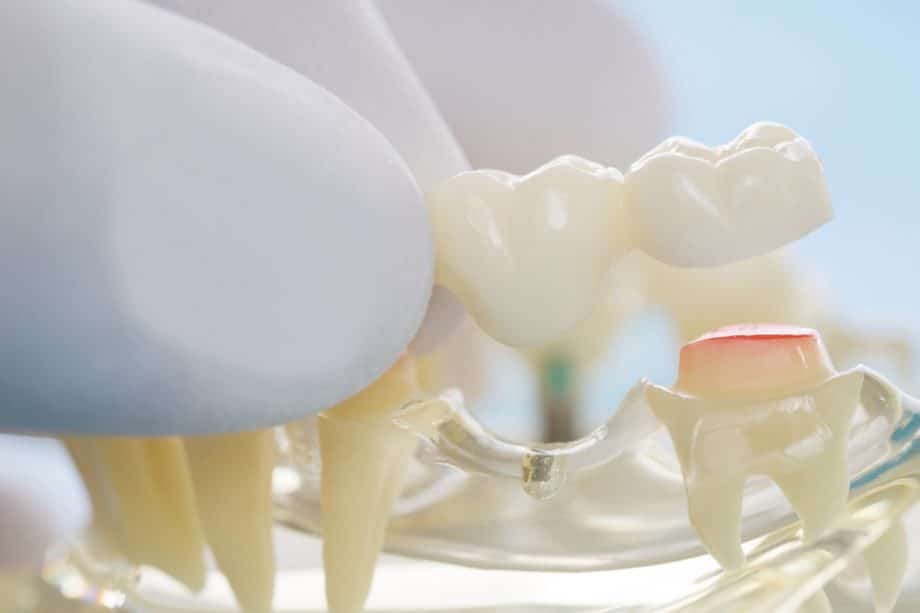Having a missing tooth or missing teeth can greatly impact your oral health over time. The use of a dental bridge can help fill the gap and leave you reaping benefits, such as a confident smile, restored ability to chew, and a realigned bite.
Though the final outcome of a dental bridge can be wonderful, it is possible that adding it can change the way your mouth feels.
How long does it take to get used to a dental bridge? Let’s find out.
What is a Dental Bridge?
Having an empty space in your mouth due to a lost or extracted tooth may not seem like a big deal. Truth is, it is a very big deal. You never want to leave an empty space where you tooth once was because it can lead to greater issues, such as:
- Jaw bone degradation
- Shifting teeth
- Difficulty eating
- Increased risk of bacteria and tooth decay
- Enamel damage to remaining teeth
- TMJ disorder
- Facial structure changes
- Decreased self-confidence
Thankfully, dental bridges work to alleviate this problem.
There are two main types of dental bridges: fixed dental bridges and dental implant-supported bridges. Both work beautifully to fill in the empty gap.
Fixed dental bridges, or traditional bridges, have one or more artificial teeth supported by crowns that are attached to natural teeth on either end. These crowns are bonded in place in order to anchor the teeth in the middle. Dental implant-supported bridges make use of dental implants as the anchor. Both of these will change the landscape in your mouth - and will likely feel a little different until you can get used to it.
Getting Used to a Dental Bridge
Fixed bridges will take some time to get used to due to the prep work required. One or two teeth may need to be prepped to fulfill the role as an anchor to the bridge. This means getting a crown that fits over the existing teeth on either side. It is quite normal for patients to experience some changes and even discomfort after the procedure, such as:
- Tooth sensitivity
- Changes in bite
- Soreness with bite force
It is important to remember that these feelings are only temporary, generally requiring about two weeks to fully adjust to the bridge.
With implant-supported bridges, your healthy teeth are left alone. Rather, dental implants are used to support the bridge. This means that the procedure will take place in steps, with the implant needing to fuse to the jaw bone before the bridge can be added. Average healing time is rather quick, but it can take a week or two to get comfortable having that empty space full again.
Because you are not impacting any of your natural teeth, sensitivity is usually not an issue with dental implant bridges.
Do You Believe You Are a Candidate for a Dental Bridge?
If you are interested in learning more about a dental bridge and how it may benefit your oral health, Dr. R.R. Williams, DDS, and the entire team are here for you.
Contact us today at 817-281-4801. Or, request an appointment online.

